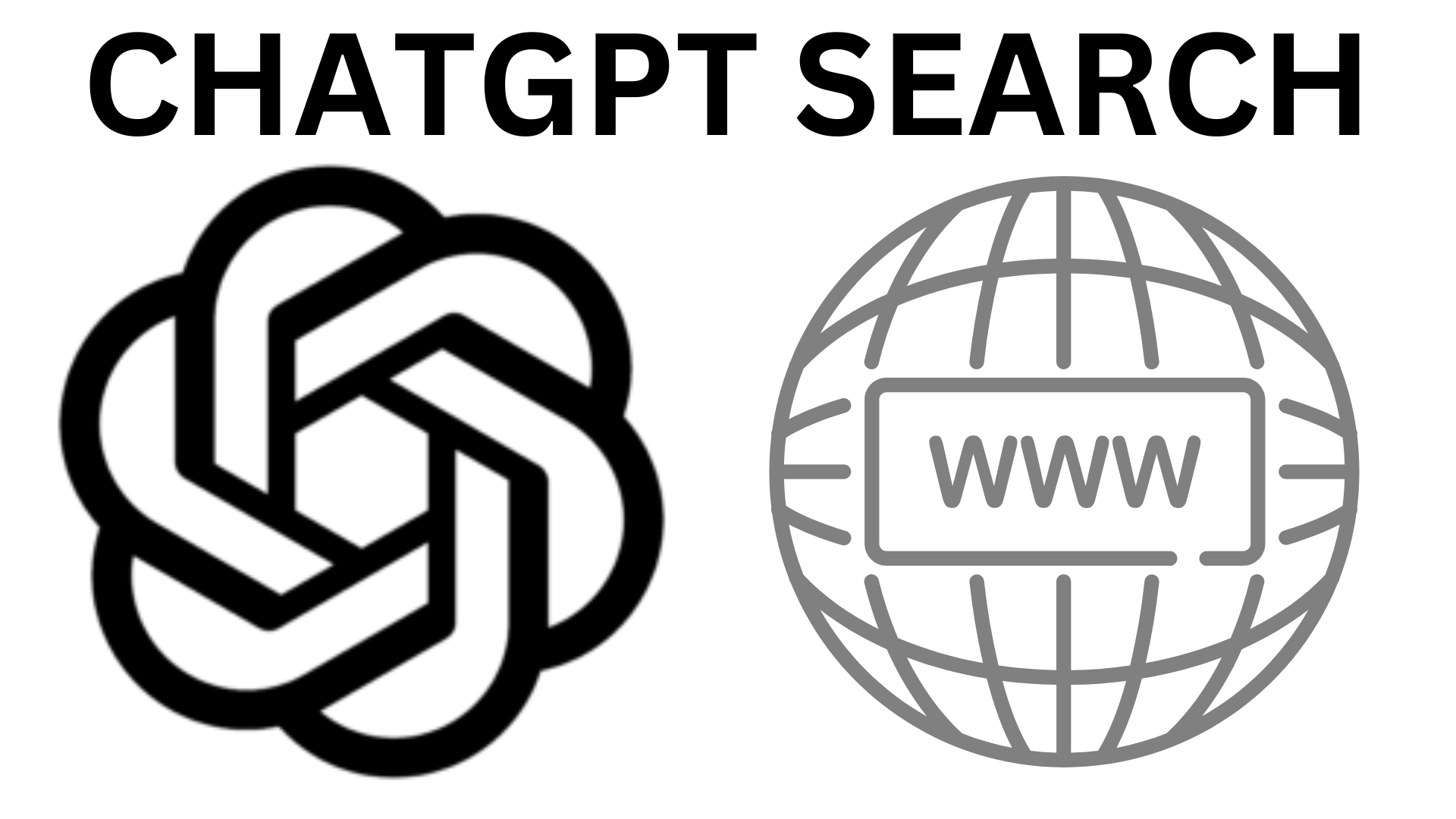How ChatGPT’s Growing Search Adoption is Shaping the Future of Digital Search and Market Strategies.
The world of search is undergoing a subtle yet significant transformation. With ChatGPT opening its search functionality to all users, it’s poised to claim 1% of the global search market share. While that figure may seem modest compared to Google’s dominance, it signals a shift brands, businesses, and creators cannot afford to ignore.
Table of Contents
The Growth of ChatGPT Search
ChatGPT, developed by OpenAI, initially gained popularity as a conversational AI tool. However, its search functionality, now integrated with real-time browsing capabilities, has opened new doors for how users access and interact with information. This feature allows users to receive precise, context-rich answers instead of sifting through a sea of links, offering a unique search experience that’s shaping user preferences.
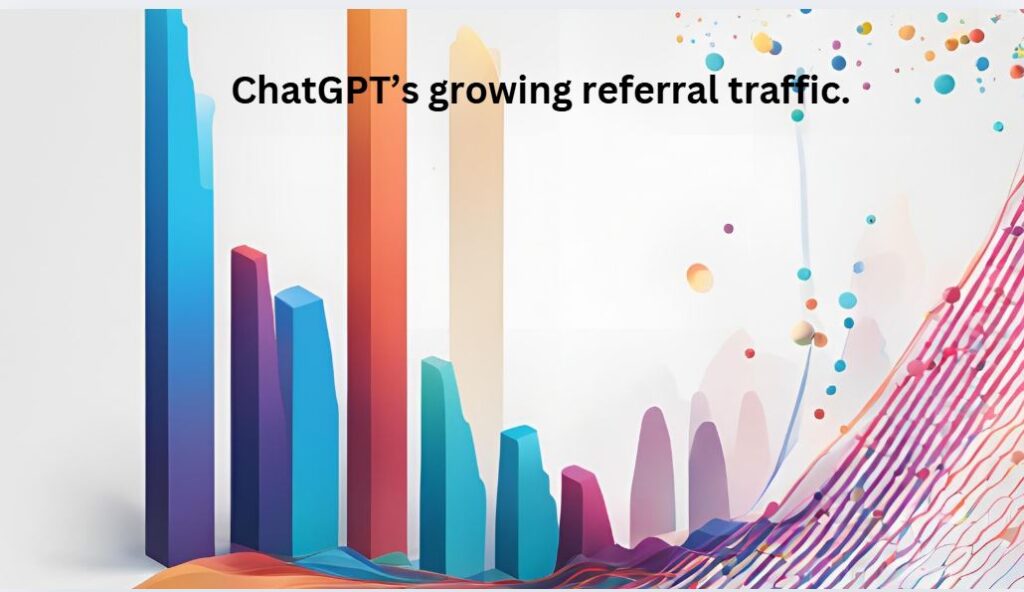
- 14% rise in global AI adoption in search engines in the past year (Statista, 2024).
- ChatGPT’s search function delivers context-rich, conversational responses, offering a fresh alternative to traditional search methods.
- Referral traffic from ChatGPT is growing, with websites optimized for AI-driven search queries seeing more engagement (SimilarWeb, 2024).
Google’s Search Monopoly: Still Untouchable?
Google’s dominance in the search engine market is undisputed, controlling over 90% of global market share (Search Engine Journal, 2024). However, cracks are beginning to appear in this seemingly impenetrable fortress. The emergence of AI tools like ChatGPT presents an alternative that’s gaining traction, especially among users seeking personalized and streamlined search experiences.
Here’s why ChatGPT is gaining attention:
- Curated Responses: Unlike Google, which provides links, ChatGPT offers personalized answers directly, saving users time.
- Appealing to Niche Audiences: In fields like tech, education, and creativity, users prefer context-rich insights over generic search results.
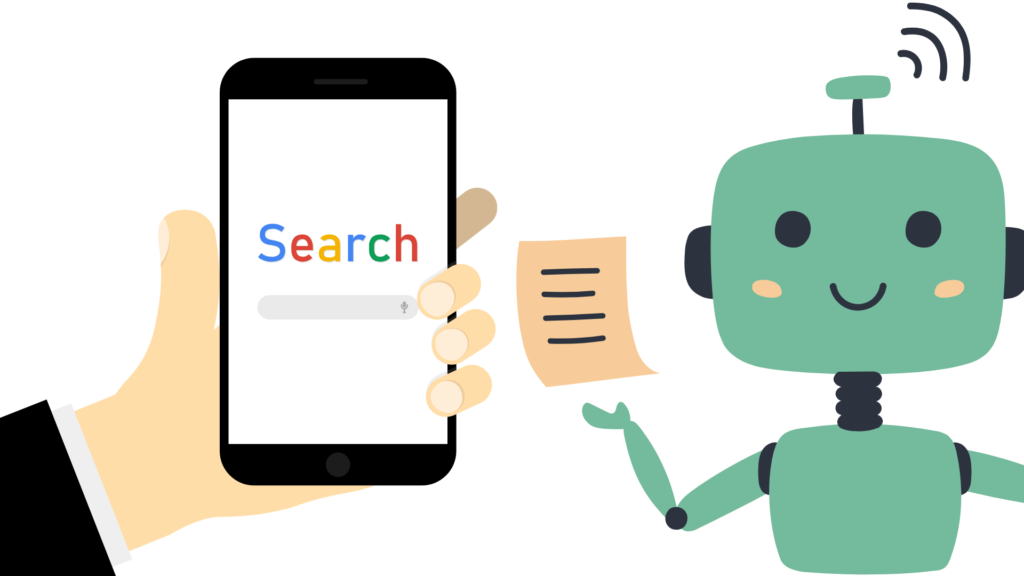
Google isn’t sitting idle, though. They’ve integrated AI into their search algorithms through tools like Bard, their own AI-powered conversational assistant. Yet, ChatGPT’s rise indicates a shift in user preferences, with more people seeking tailored experiences.
What Does a 1% Market Shift Mean?
At first glance, a 1% share of the global search market may seem negligible. However, its implications are far-reaching. For context, the global digital ad spending market is valued at over $600 billion (Statista, 2024).

Even a 1% shift in search market share could redirect billions of dollars in ad revenue and traffic. This potential redistribution poses both opportunities and challenges for businesses and advertisers.
For businesses, a 1% shift represents a new frontier. Platforms optimized for AI-driven search like ChatGPT will have a competitive edge, as AI systems prioritize delivering concise, high-quality content. This shift away from traditional keyword-heavy strategies demands a reevaluation of content marketing and SEO practices.
Additionally, a broader market shift could alter the dynamics of digital advertising. With AI tools increasingly influencing user behavior, brands that adapt their strategies to align with these platforms stand to gain a significant advantage.
How Brands Can Prepare for This Shift
The rise of ChatGPT in the search landscape requires proactive adaptation from brands and businesses. Here are three actionable steps to stay competitive:
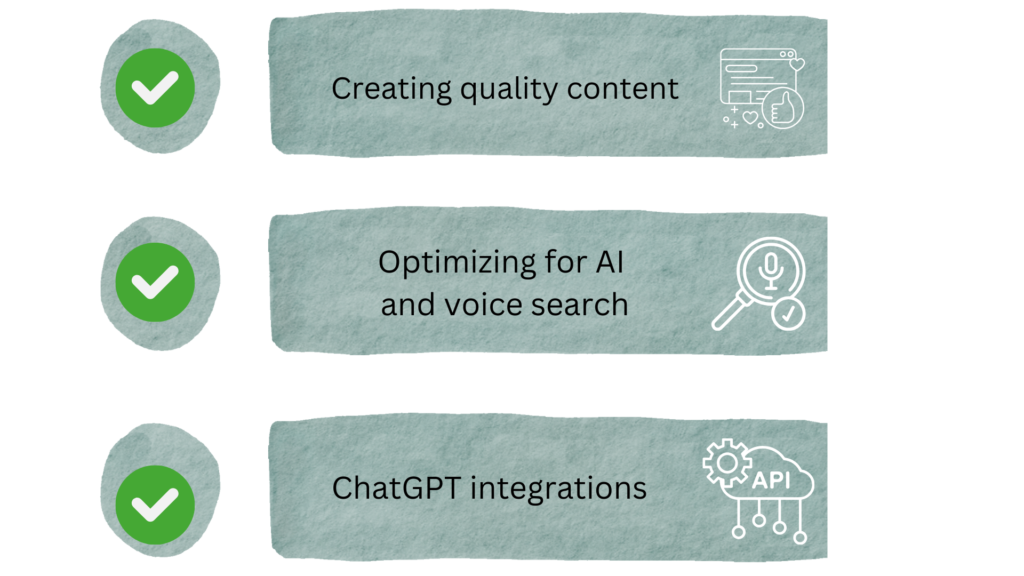
- Focus on Quality Content
ChatGPT’s search functionality emphasizes context-rich, authoritative answers over traditional keyword stuffing. To thrive in this environment, brands should prioritize creating high-value, well-researched content. Structured data, clear formatting, and FAQ sections can help AI tools better interpret and present content effectively.
- Optimize for AI and Voice Search
AI-driven search is closely intertwined with voice search, as both rely on natural language processing. Brands should tailor their content to accommodate conversational queries by using long-tail keywords and natural language phrases. Implementing schema markup can further enhance content discoverability, ensuring it’s properly indexed and displayed in AI-powered search results.
- Leverage ChatGPT Integrations
OpenAI’s ChatGPT offers various integrations with third-party tools and platforms, creating new opportunities for businesses to expand their reach. For instance, using AI-driven chatbots for customer interactions can boost engagement and satisfaction. Exploring these integrations enables brands to create seamless, user-centric experiences that align with evolving consumer expectations.
The Competitive Landscape
While Google remains the dominant force, the competitive landscape is heating up. Other players, such as Microsoft’s Bing (bolstered by its integration with OpenAI’s technology) and Amazon’s search functionalities, are also vying for a piece of the market. These developments highlight the broader trend of AI reshaping the search ecosystem, forcing incumbents to innovate rapidly to maintain their position.

For smaller businesses and niche brands, this evolving landscape presents a rare opportunity to carve out market share. By adopting agile strategies and leveraging AI-driven tools, these players can effectively compete with larger entities, particularly in specialized sectors.
The Road Ahead
ChatGPT’s journey from a conversational AI to a significant player in the search market reflects the growing demand for innovative solutions. While it’s unlikely to dethrone Google in the near future, its rising adoption marks a turning point in search dynamics.
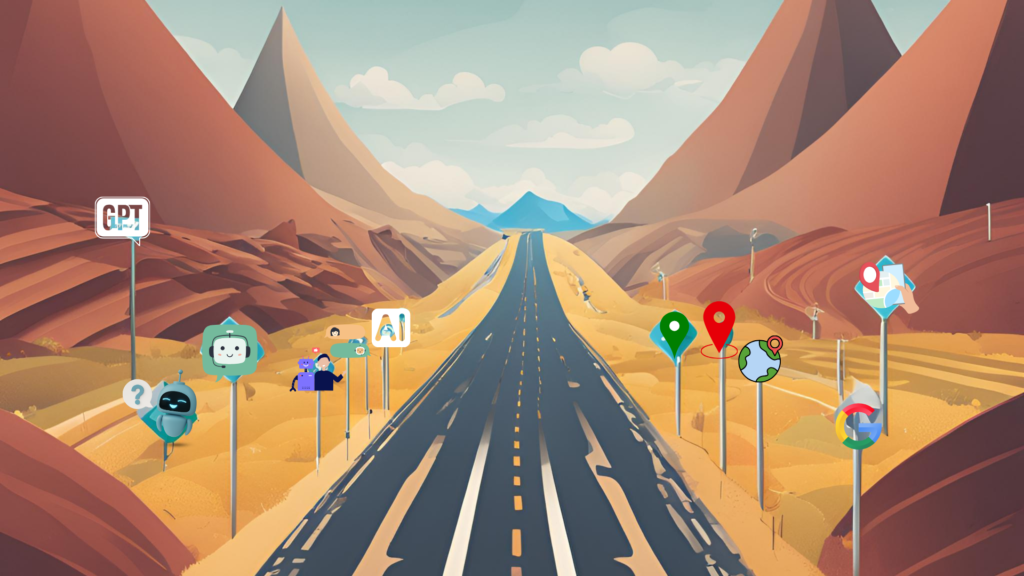
As AI continues to reshape digital landscapes, early adopters stand to benefit the most. Businesses that invest in understanding and adapting to these shifts will position themselves to not only survive but thrive in the new era of search. The key lies in embracing change, leveraging AI capabilities, and focusing on delivering value-driven experiences.
Conclusion
The emergence of ChatGPT as a competitor in the search market underscores the importance of innovation in an industry long dominated by a single player. A 1% market shift may seem small, but its ripple effects could transform the way users, brands, and advertisers approach search. By staying ahead of the curve, businesses can harness the power of AI to unlock new opportunities and navigate the changing digital landscape with confidence.
Near Media.
Ready to stay ahead of the digital curve? Start optimizing your content for AI-driven search today and unlock new opportunities!
For more insights into the tech innovations shaping our world, make sure to follow DigitalBlogly.com on Facebook, X, Tumbler.
References:
- Statista. (2024). “Global AI Adoption in Search Engines.” Statista.
- SimilarWeb. (2024). “Referral Traffic Growth from AI-driven Search Queries.” SimilarWeb.
- Search Engine Journal. (2024). “Google’s Search Market Share.” Search Engine Journal
